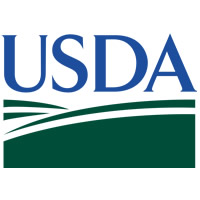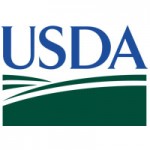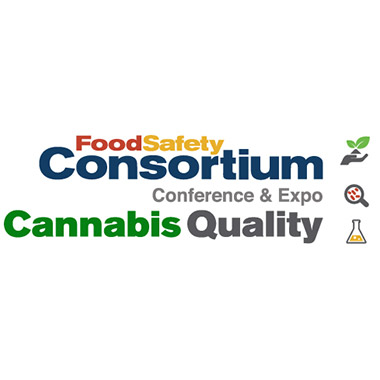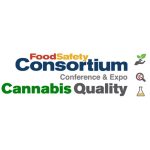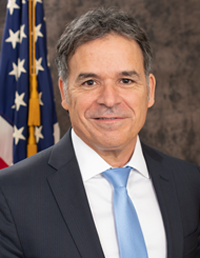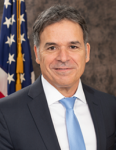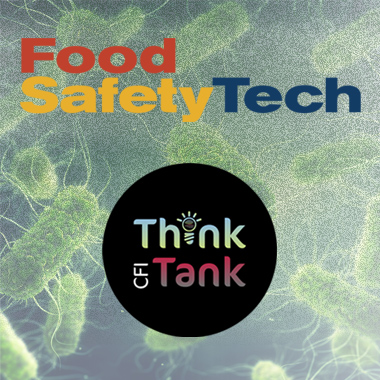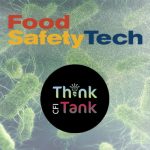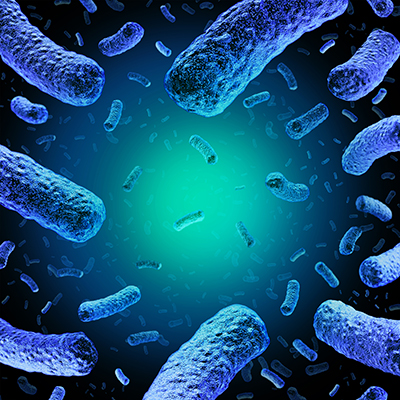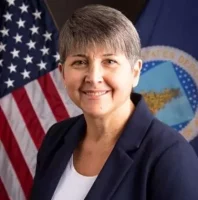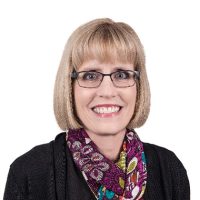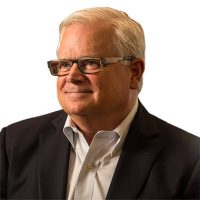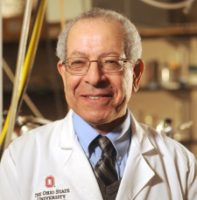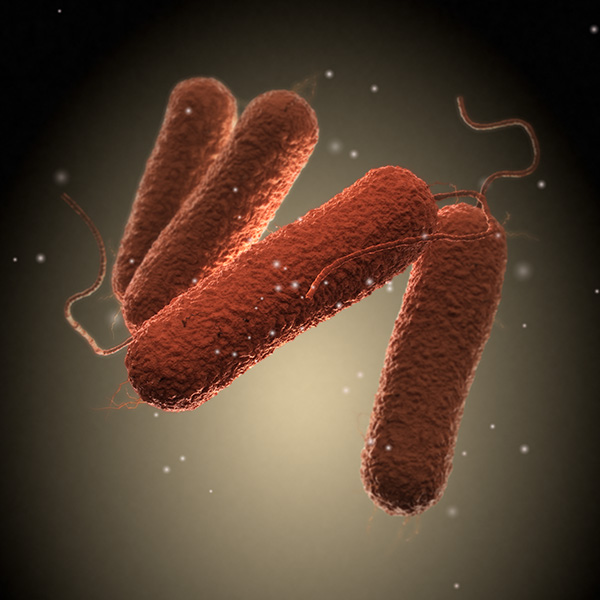The U.S. Department of Agriculture (USDA), the U.S. Environmental Protection Agency (EPA), the U.S. Food and Drug Administration (FDA), and the White House announced the National Strategy for Reducing Food Loss and Waste and Recycling Organics as part of President Biden’s whole-of-government approach to tackle climate change, feed people, address environmental justice, and promote a circular economy.
According to the USDA’s press release, the strategy released on June 12 provides tangible goals that the U.S. government partners along with retailers and consumers can work toward to help further prevent the loss and waste of food, increase recycling of food and other organic materials to support a more circular economy for all, reduce greenhouse gas (GHG) emissions, save households and businesses money, and build cleaner, healthier communities.
“USDA is committed to reducing food loss and waste, facilitating many programs and activities to engage farmers, producers, communities and businesses in this collective effort,” said Agriculture Secretary Tom Vilsack. “This National Strategy charts a course to reduce our nation’s food loss and waste by 50% by 2030, and I am encouraged by the actions outlined for USDA and our federal partners. Everyone has a role to play in reducing food loss and waste, and I hope that these federal commitments will inspire and catalyze action in the private sector and communities around the U.S.”
“The FDA is committed to completing the actions outlined in the National Strategy that incentivize and encourage food loss and waste prevention and organics recycling,” said FDA Commissioner Robert M. Califf, M.D. “Along with the FDA, USDA and EPA efforts, U.S. consumers and retailers play an important role in meeting the National Strategy’s goal of reducing food loss and waste by 2030. As part of the release of this strategy, the FDA has made important resources available to guide, support, and accelerate their food loss and waste activities including the 2022 Food Code, Tips to Reduce Food Waste and the Food Loss and Waste Social Media Toolkit. We encourage all stakeholders to take advantage of these resources as we work together to reduce food loss and waste.”
The strategy drives progress toward the National Food Loss and Waste Reduction Goal to reduce the loss and waste of food by 50% by 2030.
The strategy highlights four objectives:
Objective 1: Prevent food loss.
Objective 2: Prevent food waste.
Objective 3: Increase the recycling rate for all organic waste.
Objective 4: Support policies that incentivize and encourage the prevention of food loss and waste and organics recycling.
For each objective, the strategy highlights actions that USDA, EPA, and FDA could take. Some of the priority USDA actions include:
* Investing $2.5 million from USDA’s National Institute of Food and Agriculture (NIFA) to rigorously test and measure the effectiveness of different consumer messages to encourage households to reduce food waste, in preparation for a National Wasted Food Prevention Campaign.
* Funding a new NIFA $1.5 million Center for Research, Behavioral Economics, and Extension on Food Loss and Waste to create meaningful momentum on food loss and waste prevention among land-grant universities, their partners and external stakeholders.
* Funding research and development on new food loss and waste innovations, such as innovative new packaging technology and cultivars to extend the shelf life of food and prevent loss.
* The Risk Management Agency (RMA) is working with farmers, crop insurance agents, and gleaning organizations to encourage the reduction of on-farm food loss.
The strategy also highlights the importance of public-private partnerships in reducing food loss and waste. On June 1, the three agencies renewed a Memorandum of Understanding (MOU) with the Food Waste Reduction Alliance (FWRA), which is comprised of the Consumer Brands Association, FMI – The Food Industry Association, and the National Restaurant Association. This public-private partnership will explore actions to reach industry sectors, through efforts such as targeted industry resources, tools, and guidance.
Additionally, USDA and EPA have been actively growing the U.S. Food Loss and Waste 2030 Champions pledge, through which food business have publicly committed to reducing food loss and waste by 50% by 2030 in their U.S. operations. 2030 Champions include industry giants such as Starbucks, Hilton, and Kroger.
The National Strategy builds on USDA’s prior work to reduce food loss and waste, including over $60 million in investments and activities that USDA has undertaken to reduce food loss and waste, including those announced in May.
For more information about Food Loss and Waste Reduction activities visit:
* USDA: Food Loss and Waste
* FDA: Food Loss and Waste
Learn more about The Impacts of Food Loss and Waste (FLW) and Food Donation at the Food Safety Consortium Conference, October 20-22 in Washington DC. This session will discuss how unique solutions such as thorough data tracking and predictive analytics in addition to a focus on food safety ultimately provides bottom-line benefits and positive community health outcomes. Presenters:
- Al Baroudi, MS, Ph.D. Vice President, QA & Food Safety, The Cheesecake Factory Incorporated
- Glenda Lewis, MSPH, Supervisory Consumer Safety Officer Director, Retail Food Protection Staff, U.S. Food and Drug Administration (FDA)
- Mike Learakos, CEO, Abound Food Care

